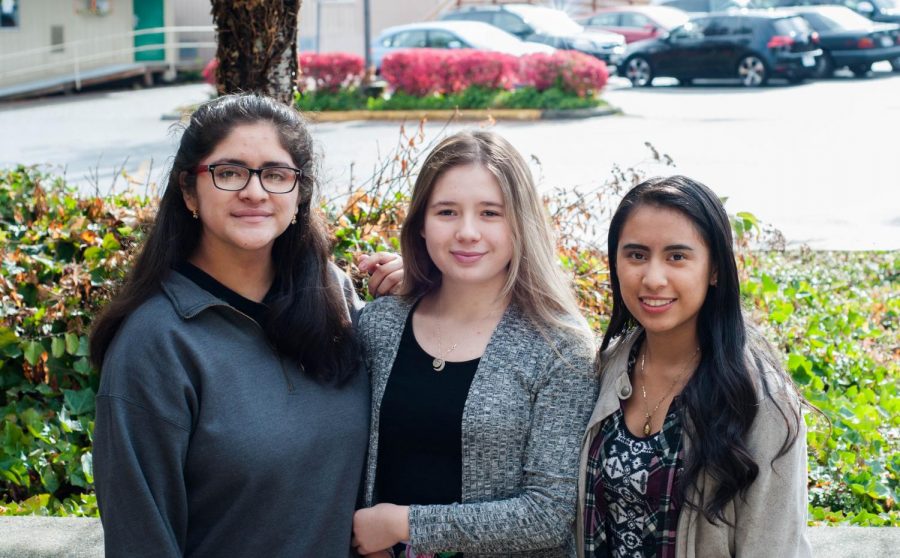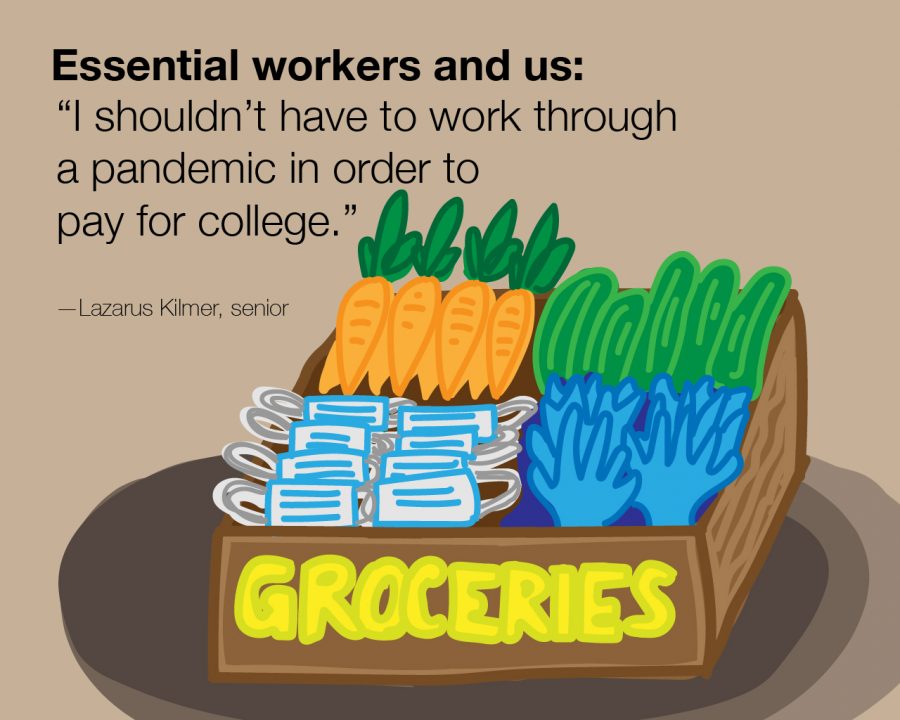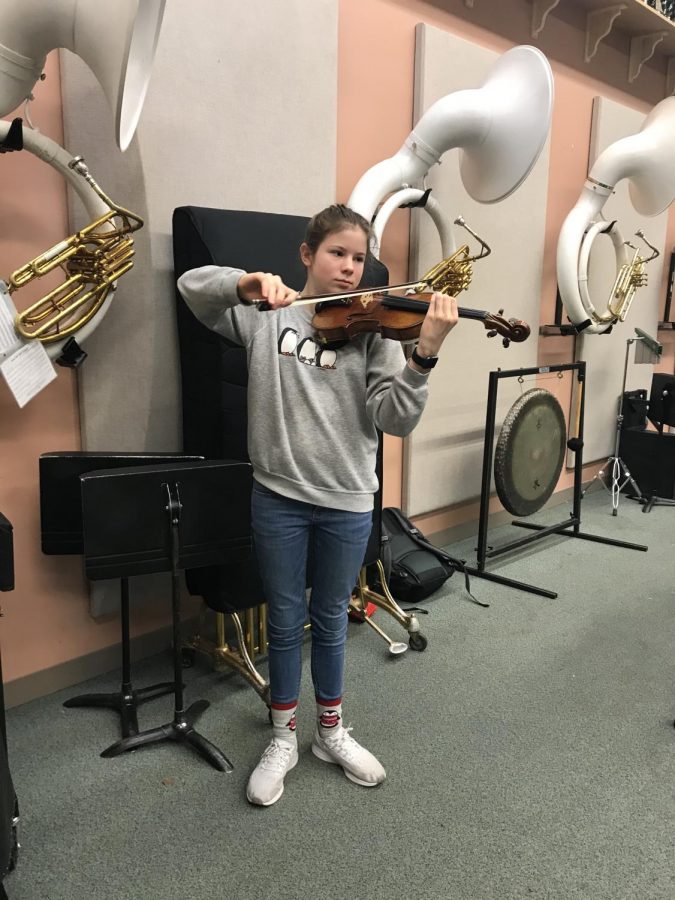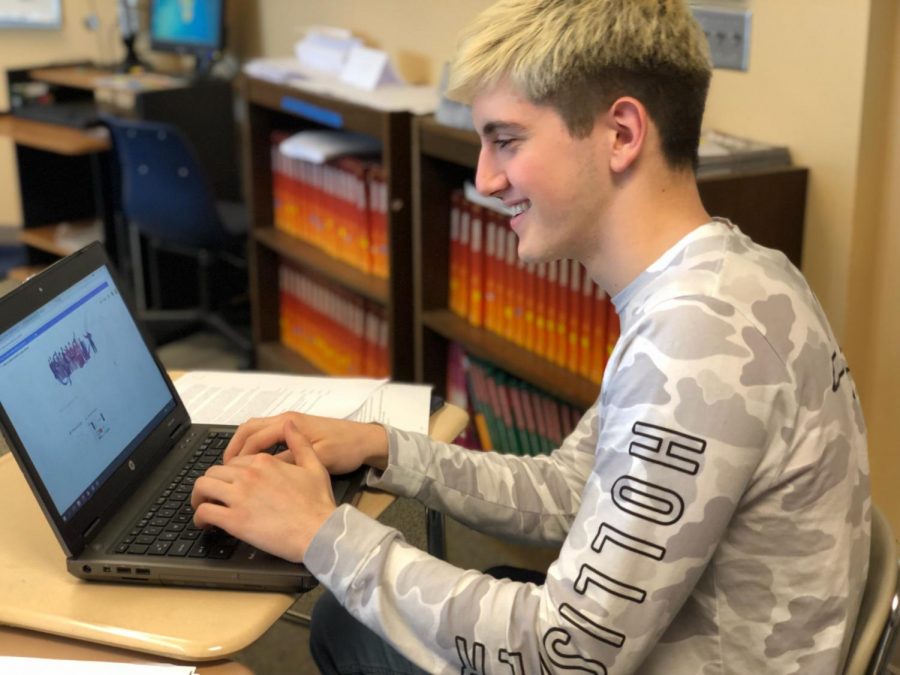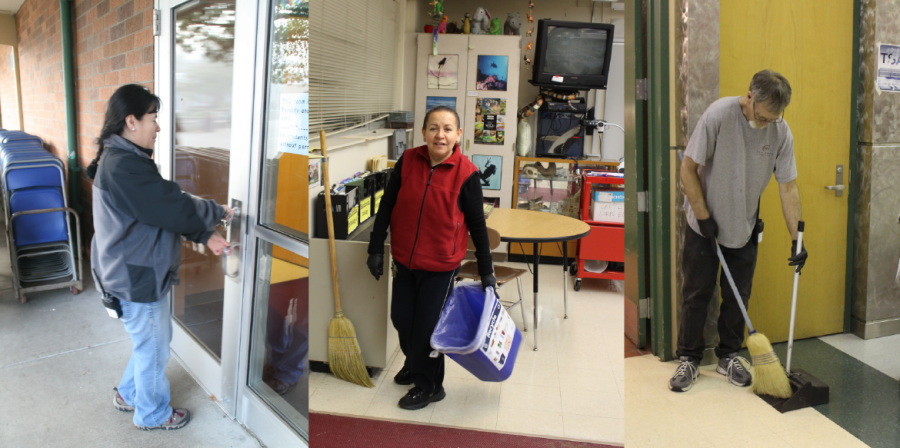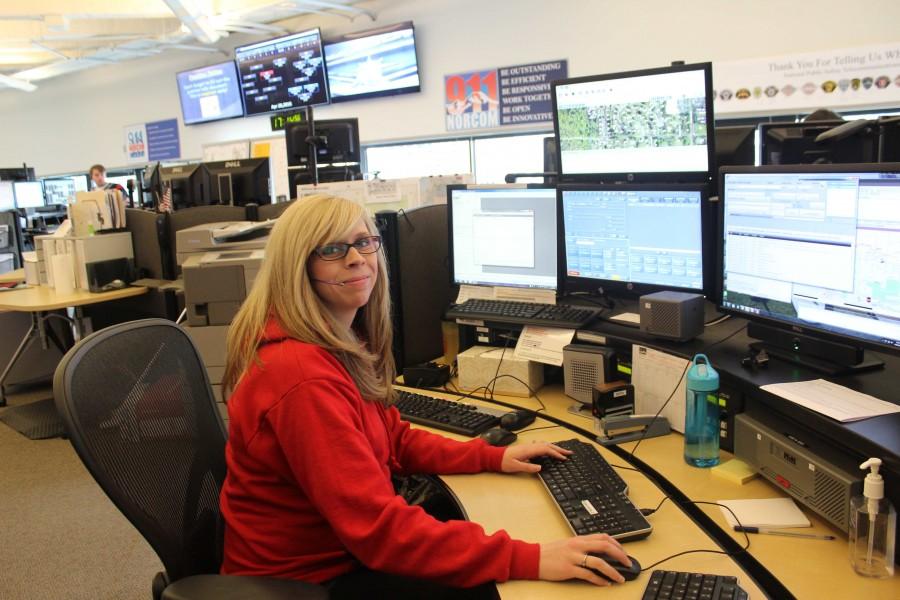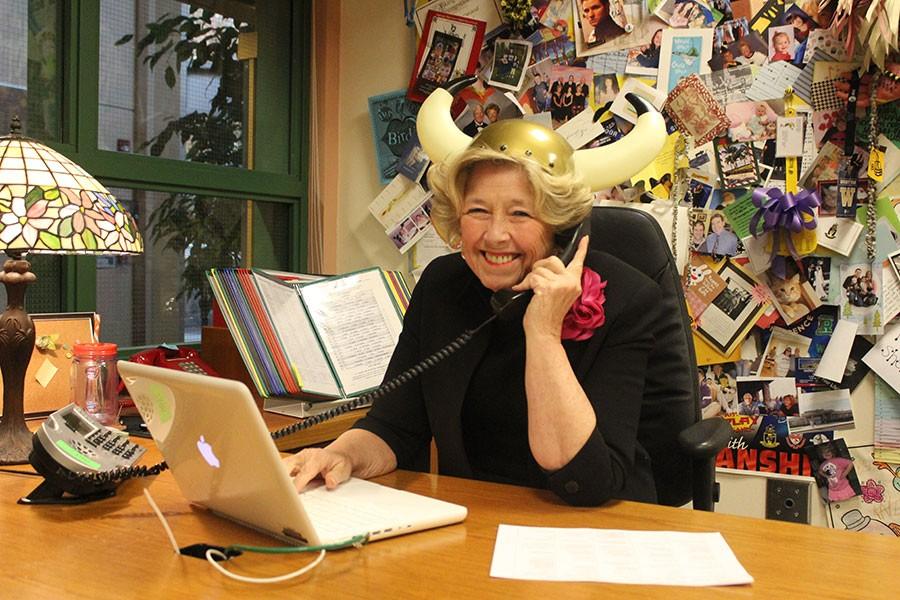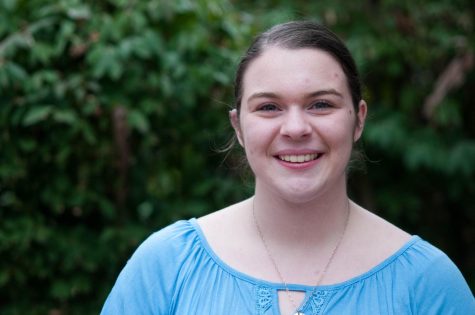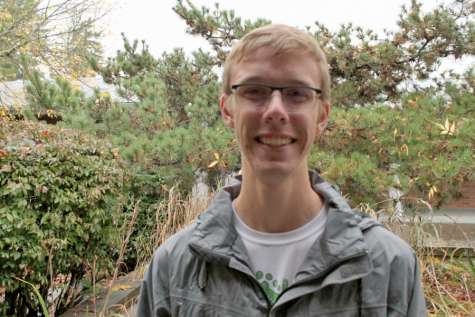Seniors Jaris Candido, Ari Angulo and Jasmine De La Torre are nearly 10 minutes late to class every day. It’s not because they oversleep, or miss the bus or run into traffic, though. For the first three periods of the day, Candido, Angulo and De La Torre are students in Woodinville High School’s nursing program, one of several in-district WANIC (Washington Network for Innovative Careers) classes, and are often late returning for their classes at Inglemoor.
Though it can be a balancing act, all three agree that the program is a valuable experience that will benefit them as they move forward with their lives and careers.
“You’re going to use these skills in the future,” De La Torre said, “regardless of if you do go into the healthcare field.”
De La Torre said that she has always thought casually about becoming a nurse, but wasn’t strongly committed to pursuing it as a career path when she began the program.
“At the start, I just took the class because my friends were taking it, but now it’s opened my eyes. I know that this is a way that I can do stuff that I enjoy, which is helping people, and I can do it for the rest of my life,” De La Torre said.
Going into the program, Angulo said she had a more definite idea that a career in the healthcare field was right for her.
“When I was little, my dad had an incident, a really bad one. Because of that, his body couldn’t move. I wanted to save people like that,” Angulo said.
Candido said that one important thing the students have learned so far is how to make meaningful connections with patients.
“Something very valuable is that you’ll learn to understand and listen to your patients and be more than just an assistant nurse,” Candido said. “You’ll be more like a friend.”
Angulo said she has also learned how to interact with patients and treat them as human beings. Besides their physical needs, Angulo said that it is important to care for the patients’ emotions and to try to make them as comfortable and happy as possible.
“Talk to them like a person to person, not a doctor or nursing assistant to a patient, so there’s a balance of relationship,” Angulo said. “It’s not like the nurse or doctor is above the patient.”
Angulo also said it is important to have a clean slate and not make judgements about patients in advance.
“Everyone that enters to a hospital or to a clinic or to anything like that, they’re just people. It doesn’t matter what they did in the past or who they are,” Angulo said. “They can be a horrible person, but to you they’re a good person.”
Though Candido is also glad for the opportunities the program provides, she said it has not come without challenges.
“I have a job outside of school, and just balancing time with doing homework, studying, and there’s been meetings and soon we’ll be doing clinicals,” Candido said.
Balancing these many activities in her life has made time management more difficult than it was in the past, Candido said, and she’s had to adjust to the demands of the program.
Angulo and De La Torre both said that transportation is another challenge presented by the program.
“It can be frustrating,” De La Torre said. “Confusing and frustrating.”
Despite the challenges the program has presented, Angulo said that it is all worth it for the way it has prepared her for a future in healthcare.
“I didn’t know how big the medical field was and how many opportunities there are,” Angulo said. “There’s no limitations to it.”



